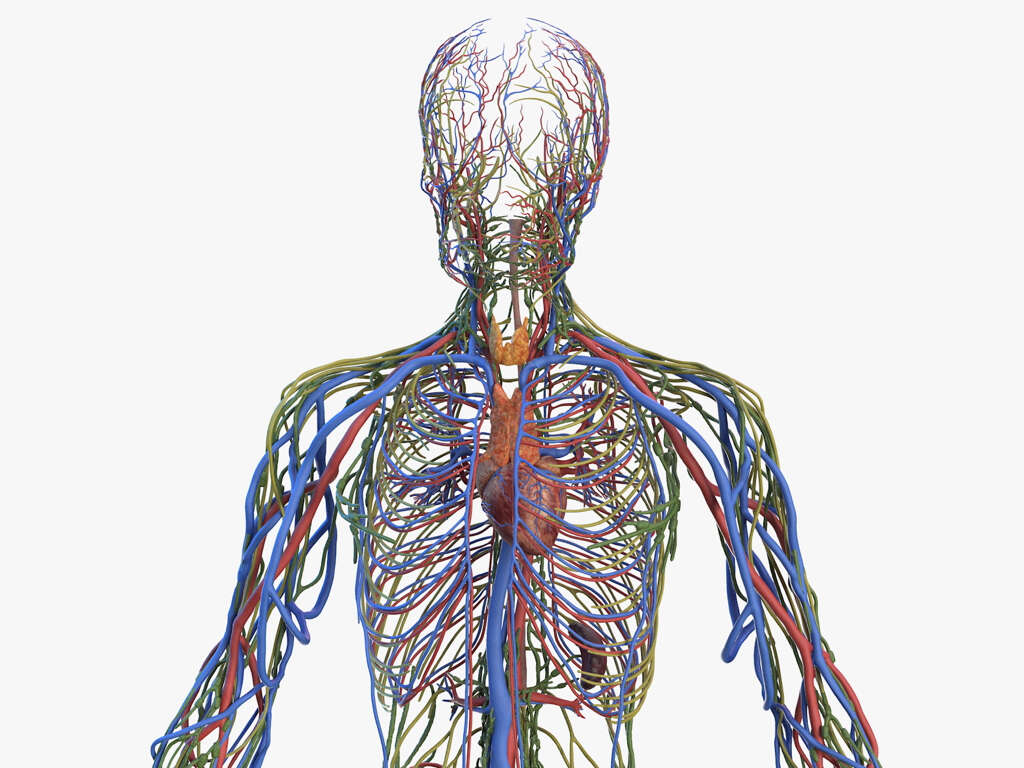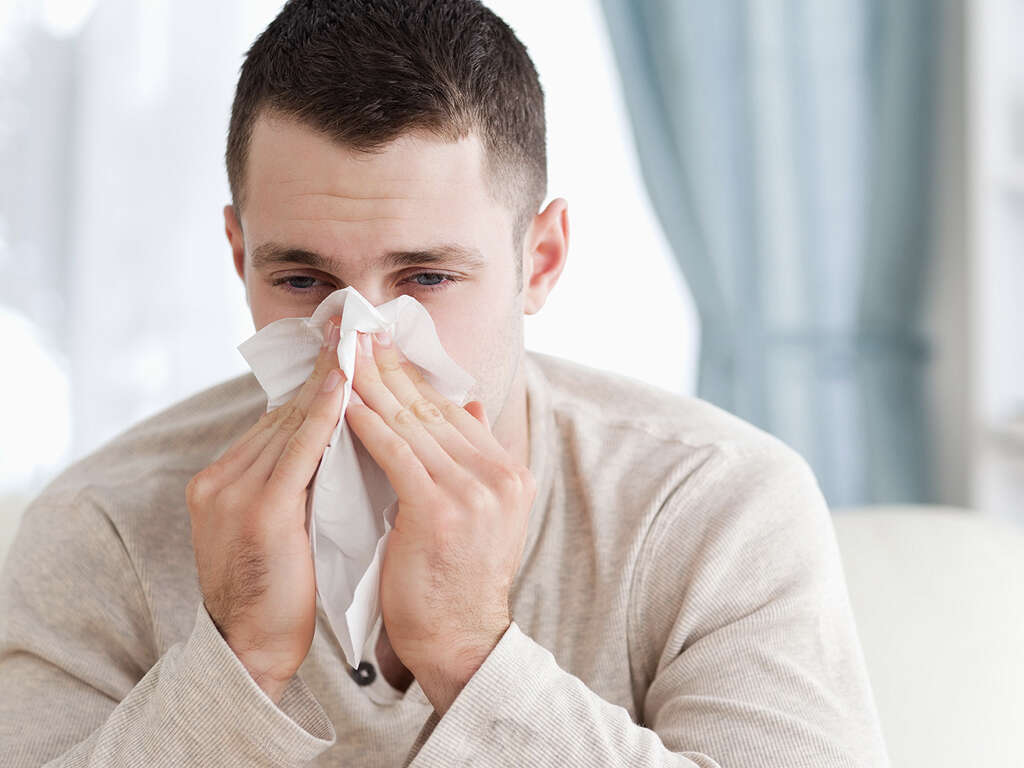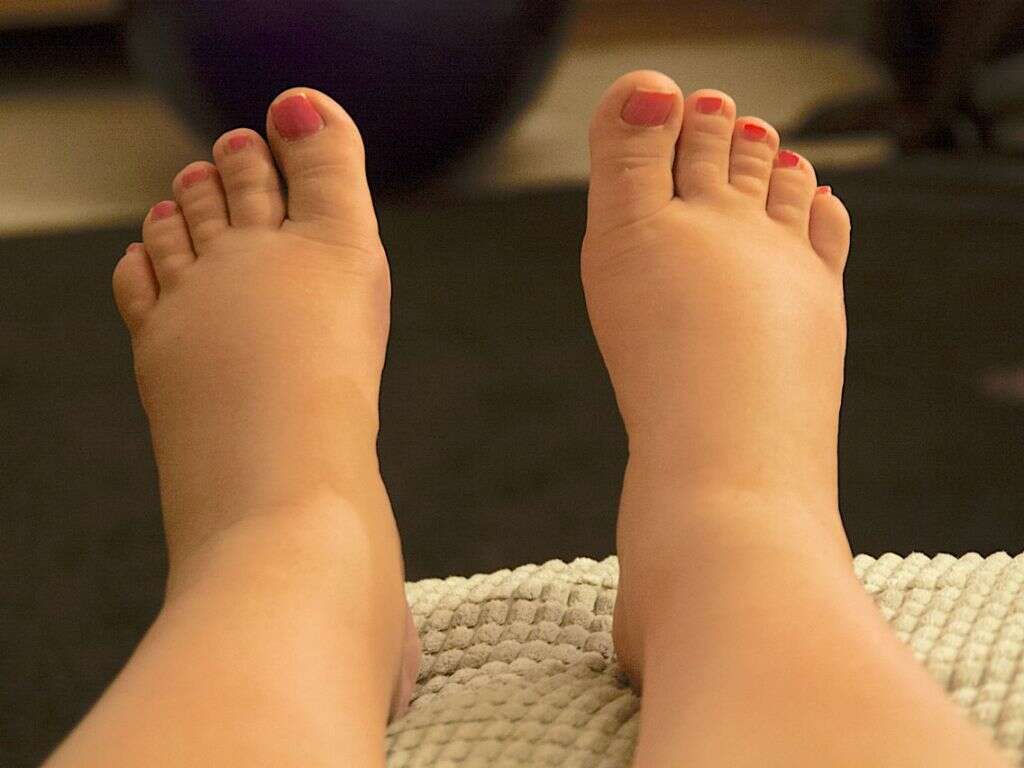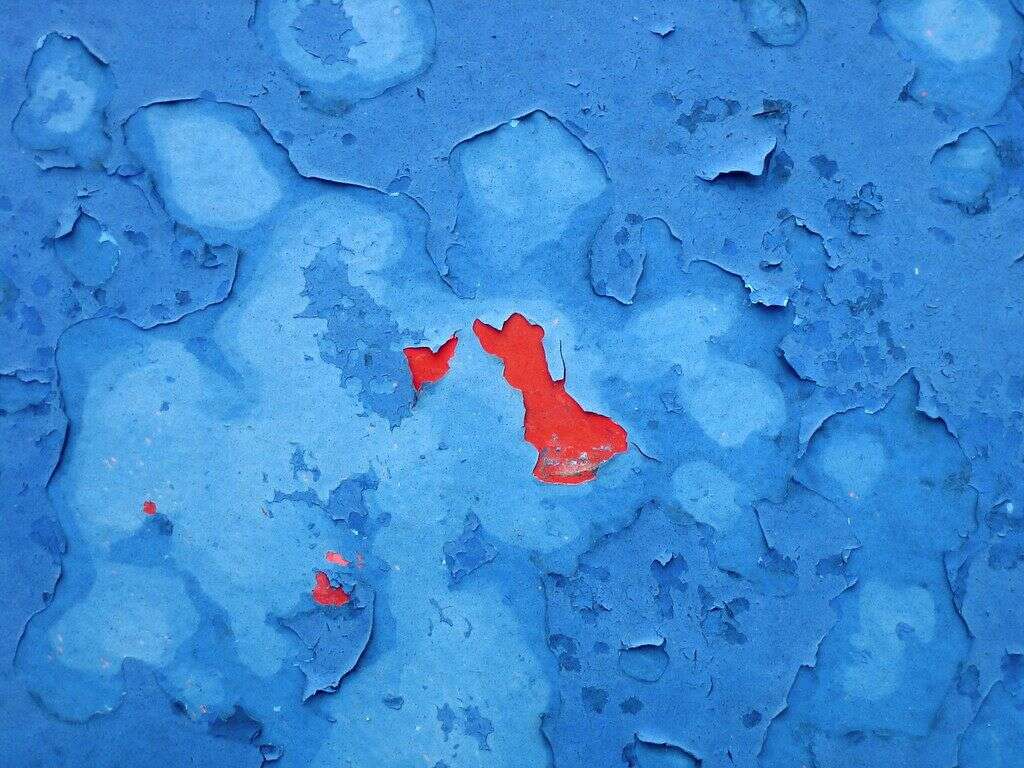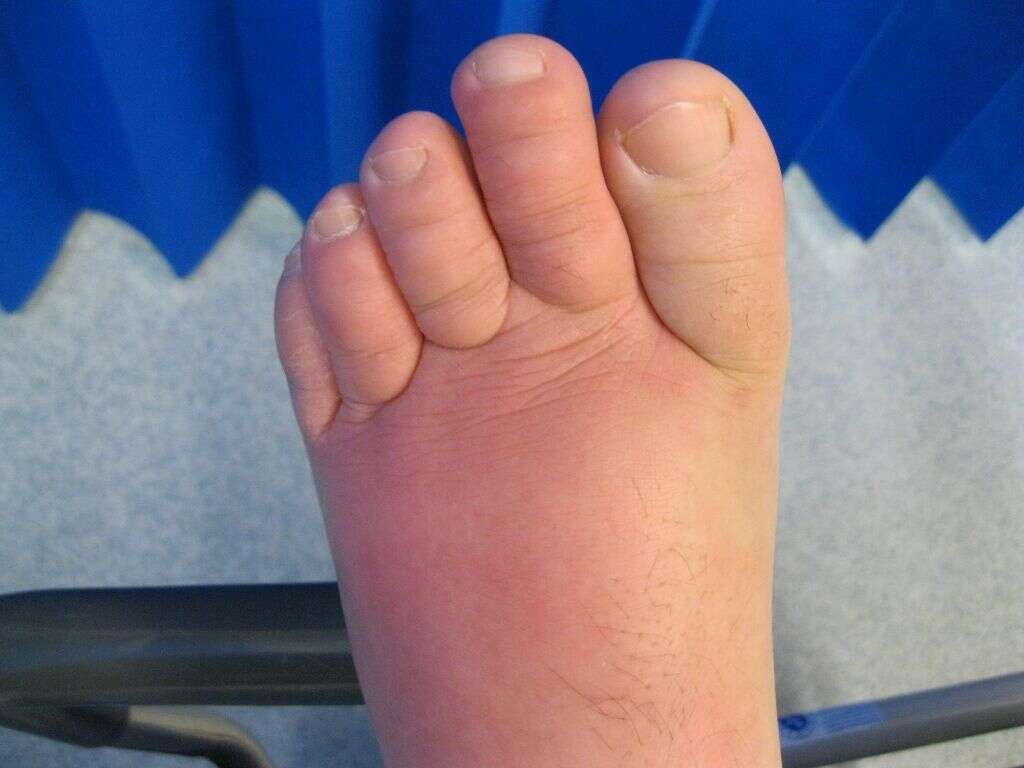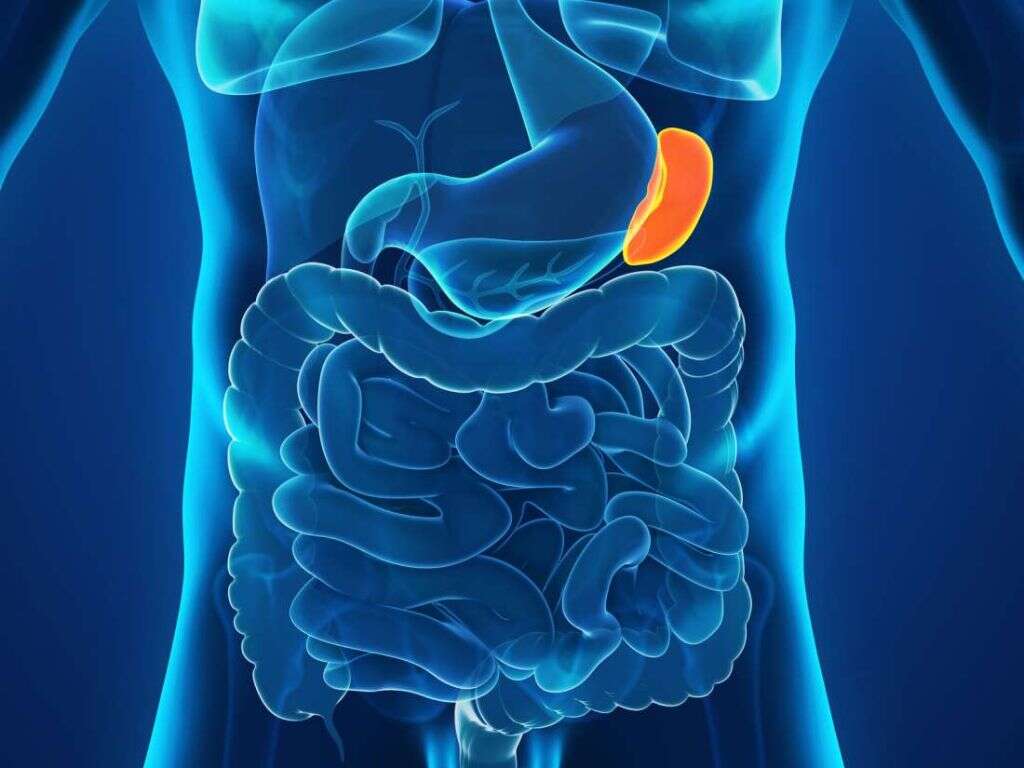What Is Lymph?
Have you ever wondered why animals in the wild manage to get by without hospitals and medicine? They manage because they have evolved what is known as an immune system that helps to protect them from disease. It is not perfect, and some animals do get sick and die, but it still provides very effective protection regardless.
Humans are another species of animal and we have also evolved an immune system that helps keep us safe. This is made up of various components, and one of these is lymph. Lymph is a clear fluid found circulating throughout the body, and it is very important in the fight against disease.
1. Lymph
Lymph is a clear fluid that is found circulating throughout our body. Instead of flowing through the blood circulation, it instead flows through an additional circulation that complements the cardiovascular system. Its job is to help protect the body against unwelcome intruders, and also to help keep the body free from waste and toxins. Lymph contains lymphocytes, which are a type of white blood cell. Lymphocytes include two key types of white blood cells, T cells and B cells. These are important to us because they allow us to tackle pathogens head on. As such, they are often referred to as killer cells.
2. Lymphatic System
As mentioned, lymph is found circulating throughout the body in a system that is known as the lymphatic system. The system is named for the fluid known as lymph that helps make the whole thing work as well as it does. This system consists of a network of lymph vessels, and this network looks very similar to the network that transports blood around our body.
In addition to lymph vessels are also a number of glands and organs that make up the lymphatic system. All of these combine to help to process the lymph passing through them, dealing with pathogens and removing waste.
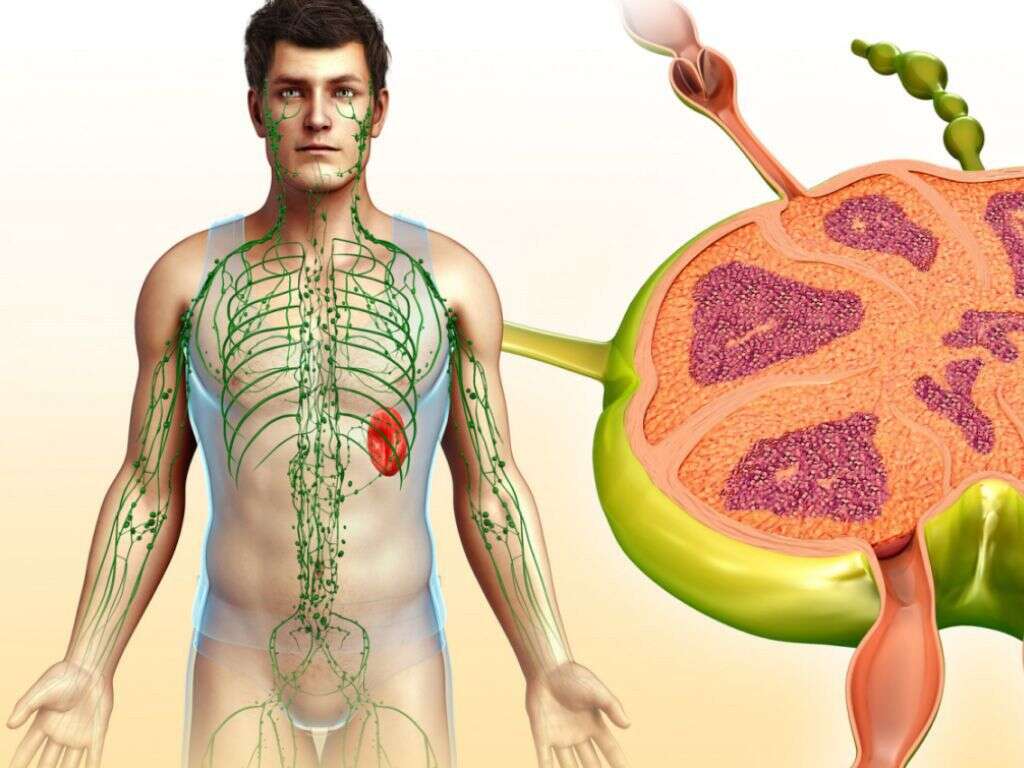
3. Lymph Circulation
In order for the system to work, the lymph needs to be able to circulate throughout the body. When it comes to the circulation of the blood, our body uses a pump (the heart). In addition, the blood is also helped with a system of valves that help ensure the blood is able to return back up the body against the force of gravity.
This system of valves works with the help of movement of the muscles, which squeezes the blood in the right direction. The valves ensure that the blood moves only in the right direction. The entire lymph circulation works in the same way, with the complete absence of a pump, the equivalent of the heart.
4. Tissue Fluid
The whole point of blood circulation is so that the body’s cells can be fed with a constant supply of oxygen, nutrients, and everything else it needs to work properly. This is achieved by the blood bathing the bodily tissues, allowing the bloods precious cargo to be delivered. In order to do this, red blood cells and other molecules pass through the walls of the capillaries.
When the blood is bathing the tissues in this way, it is known as tissue fluid. Here, the tissues absorb what they need, while the tissue fluid also collects waste products from the cells. The tissue will then flow into the lymphatic system, where these waste products and any pathogens can be dealt with.
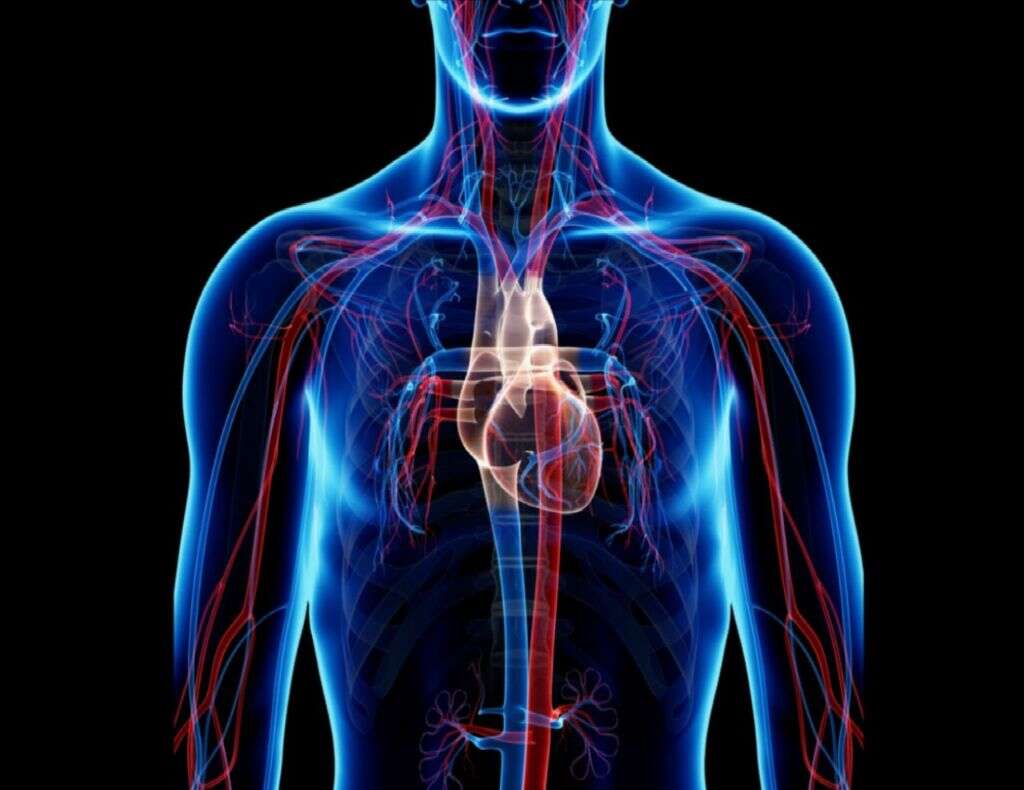
5. Lymph Nodes
As the lymph circulates around the body, it will occasionally come to what are known as lymph nodes. These nodes are glands that hold a lot of white blood cells, among other things, and these blood cells will attack anything that should not be there as the lymph passes through.
Lymph nodes are found in numerous locations in the body. Most notably in the groin, under the armpits, and in the neck. A lot of people will be able to find the lymph nodes in their neck by feeling them through their skin. Sometimes, these lymph nodes will have a lot of work to do, and this can cause them to become swollen.
6. Lymphadenopathy
As mentioned, the lymph nodes can sometimes become swollen when they have a lot of work to do. This is a condition known as lymphadenopathy. It happens because, in order to handle the extra workload, extra lymph and white blood cells are sent to the lymph nodes.
Lymphadenopathy can sometimes be painful or sore for the patient, but it is not dangerous in itself. It is, however, a clear sign that something is wrong with the body and needs addressing. There is a very wide range of potential causes of the condition, ranging from being quite harmless to life-threatening. Fortunately, most causes fall under the former category.
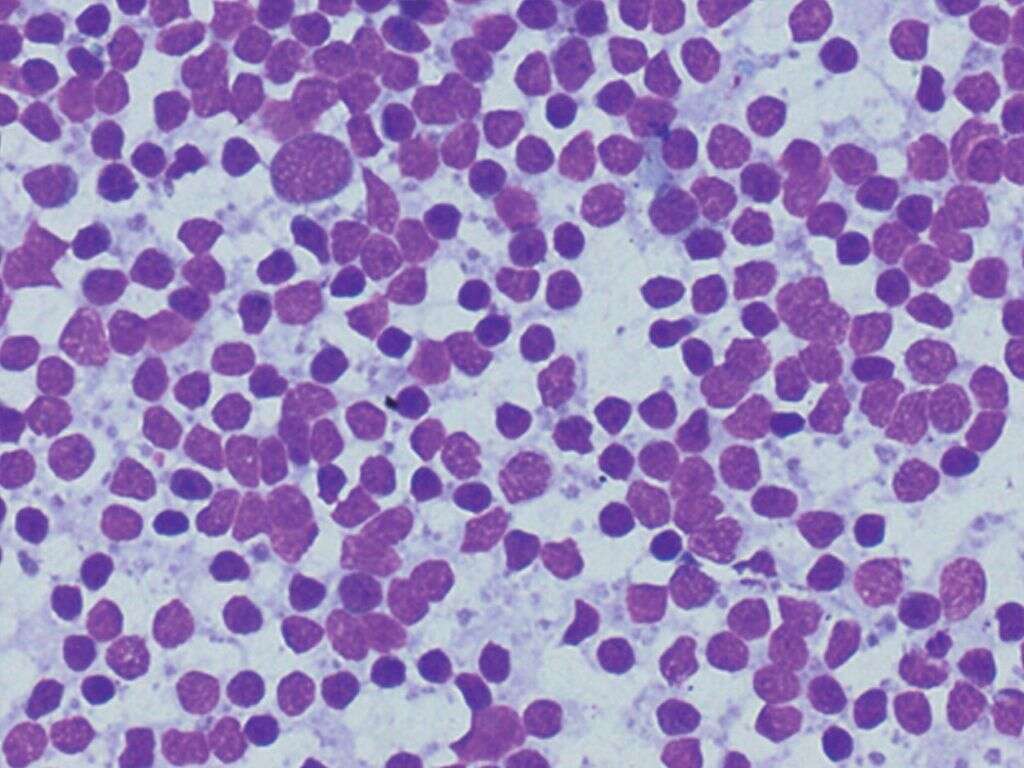
7. Lymphoma
Lymphoma is a type of cancer that affects the lymphocytes. It causes these cells to not die when they should, and to divide in an abnormal manner. These abnormal cells then begin to accumulate in the body and they tend to collect in the lymph nodes and other parts of the body.
Depending on the specific variety of lymphoma, it is usually a treatable condition. Most people will go on to live a relatively healthy life, albeit with some symptoms and the need for treatment. Some other types, however, are far more serious and can shorten the patients life considerably.
8. The Thymus
The thymus is a gland that tends to start shrinking when people reach adolescence, but it is still a very important part of the lymphatic system. Its main task is to produce progenitor cells, and these go on to mature in killer white blood cells. They are important for the young because they are needed to make the immune system strong.
When older, the required cells are produced in the bone marrow, and/or by the division of existing cells. Thus, the thymus becomes less important and begins to shrink. It is located just behind the sternum and, by the time people reach old age, it is usually little more than a lump of fatty tissue.
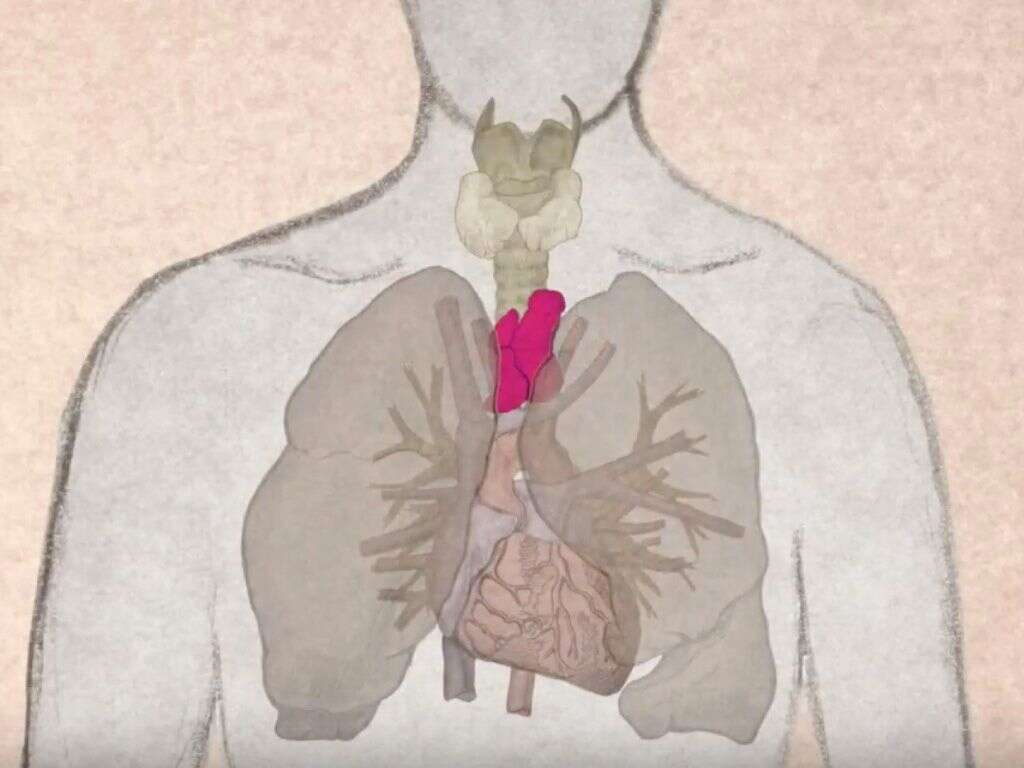
9. The Tonsils
Most of us have experienced problems with our tonsils. They have a tendency to get infected and inflamed, and this can cause a lot of pain. What makes it worse is that this tends to happen in young children. This is a condition known as tonsillitis, and some people will have had their tonsils removed to prevent tonsillitis from happening again.
The tonsils also include the adenoids, which are located in the nasal cavity. They all help to protect the body against threats, and they are all a part of the lymphatic system. However, removing them will have little to no negative impact on the patients immune strength.
10. The Spleen
Lymph will also pass through the spleen as it circulates around the body. The spleen performs two main roles in keeping the body clean and safe. These are to attack unwelcome intruders with the help of white blood cells that are located in the organ. Its other role is to process red blood cells that are expired or damaged in some way.
The spleen is located on the left side of your torso just under where your ribs are. It consists of two main types of tissue. These are red pulp, which processes the red blood cells, and white pulp, which deals with pathogens.



